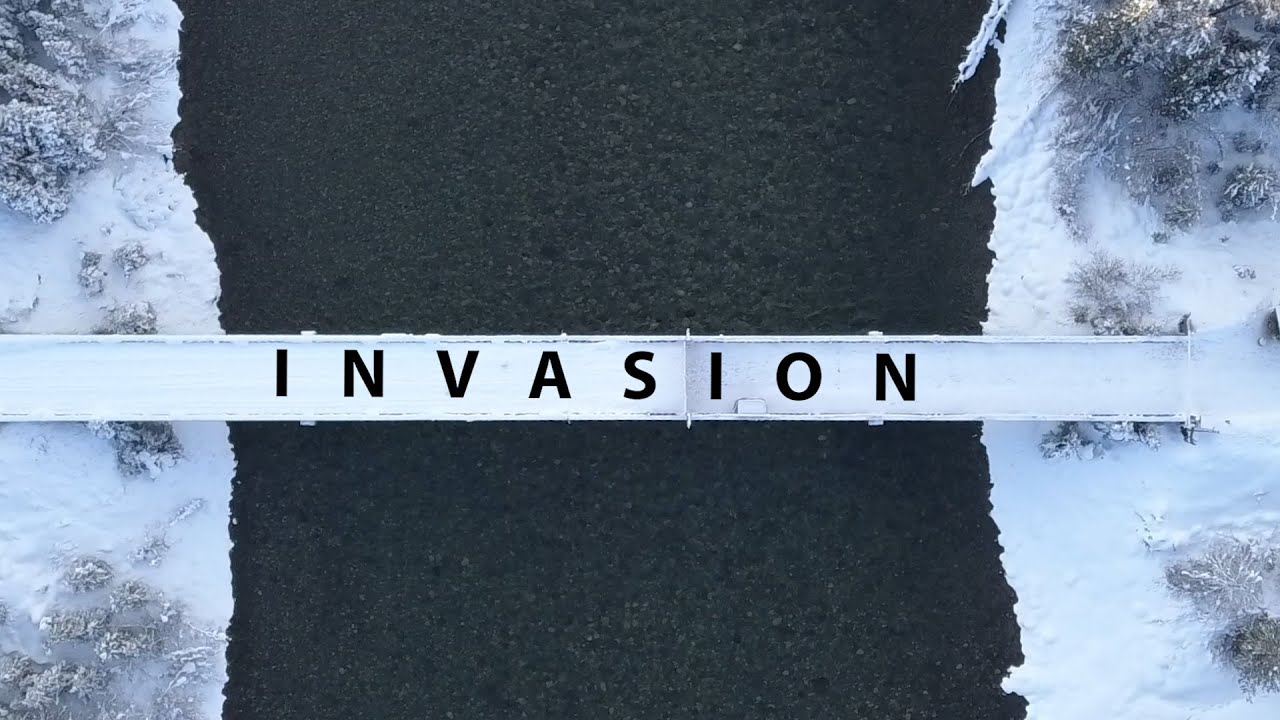Land Grabs
Summary
TLDRThe video script discusses the ongoing threat of land grabs to indigenous peoples worldwide, tracing its roots to colonialism and highlighting the current exploitation by corporations and governments. It emphasizes the deep connection between indigenous communities and their territories, and the devastating social, economic, and environmental impacts of land dispossession. The script calls for awareness and resistance against these practices, which not only endanger indigenous cultures but also the health of the planet.
Takeaways
- 🌏 There are over 5,000 unique indigenous peoples globally, with a population of up to 370 million in 70 countries, who have deep connections to their lands and territories.
- 🏞 Land holds different meanings for different groups, from national development to corporate profits, but for indigenous peoples, it is fundamental to their identity and existence.
- 📜 The concept of 'land grabs' originates from colonial times, where explorers and merchants took indigenous lands by force, a practice that continues today with modern corporations.
- 🏭 Multinational companies often exploit indigenous territories for resources, leading to social, economic, and environmental problems for the affected communities.
- 🌾 The global demand for raw materials is expected to triple by 2050, intensifying the pressure on indigenous lands for industrial uses like plantations, forestry, mining, and conservation areas.
- 💰 Land, water, and forests are now commodities with economic value, and their exploitation often results in significant profits for companies at the expense of indigenous communities.
- 🚫 Land grabs often involve forced evictions, threats, and intimidation, with weak standards for corporate operations and a lack of transparency in deals and benefits.
- 😔 Indigenous communities face severe disruptions to their livelihoods, increased poverty, and displacement, with some even being subjected to violence and intimidation by security forces.
- 🌿 The loss of land and resources not only threatens the livelihood of indigenous peoples but also the extinction of their cultures and territories.
- 💪 Indigenous peoples rely on their physical, ideological, and cultural strength to organize and defend their territories against external threats.
- 👥 The script encourages indigenous communities to be aware of company tactics and to discuss the threats they face, emphasizing the importance of community organization in territorial defense.
Q & A
How many unique indigenous peoples are mentioned in the script, and what is the approximate global population of these peoples?
-The script mentions over 5,000 unique indigenous peoples with an approximate global population of up to 370 million people.
What is the fundamental importance of territory to indigenous peoples according to the script?
-Territory is fundamental to indigenous peoples' cosmovision and way of being. It is the source of their identity and roots, and breaking the connection with the territory leads to the loss of identity.
How do government officials and corporations typically view land in the context of the script?
-Government officials often see land in terms of national development, while corporations view land as an asset to increase profits and acquire raw materials for the global market.
What is the historical context of land grabs mentioned in the script, starting from when?
-The historical context of land grabs mentioned in the script starts from the 15th century when European explorers and merchants set sail in search of riches and land, often taking indigenous territories using violence.
What was the expectation of indigenous peoples at the time of independence, and what actually happened?
-Indigenous peoples expected their lands to be returned at independence. However, new states often kept control of these lands instead of returning them.
How do companies currently engage with indigenous territories as described in the script?
-Companies often come to indigenous territories to take resources for their own development, sometimes displacing inhabitants and engaging in activities like mining, deforestation, and large-scale plantations.
What are some of the commodities that are extracted from indigenous territories and shipped around the world?
-Some commodities extracted from indigenous territories include grains, meat, sugar, palm oil, paper pulp, coal, aluminium, copper, gold, and oil.
What are the negative impacts of land grabs on indigenous communities as described in the script?
-Negative impacts include social, economic, and environmental problems, forced evictions, threats, intimidation, and the destruction of livelihoods leading to poverty and displacement.
How are land deals often conducted without the consent or knowledge of indigenous communities, according to the script?
-Land deals are often conducted without the consent or knowledge of indigenous communities through trickery, lack of transparency, and the use of sweet language by companies to fool them into giving away their lands.
What is the script's perspective on the conflict between the interests of companies and the rights of indigenous peoples?
-The script presents the conflict as one between profit and life, where companies prioritize making money over respecting the rights and well-being of indigenous peoples.
What resources does the script suggest indigenous peoples have to defend their territories against land grabs?
-Indigenous peoples have their physical, ideological, and cultural strength, as well as their organizing capabilities, which are deeply rooted in the defense of their territories and spiritual connection to Mother Earth.
Outlines

This section is available to paid users only. Please upgrade to access this part.
Upgrade NowMindmap

This section is available to paid users only. Please upgrade to access this part.
Upgrade NowKeywords

This section is available to paid users only. Please upgrade to access this part.
Upgrade NowHighlights

This section is available to paid users only. Please upgrade to access this part.
Upgrade NowTranscripts

This section is available to paid users only. Please upgrade to access this part.
Upgrade Now5.0 / 5 (0 votes)





